New Delhi, October 31, 2025: A new report by Deloitte India in association with the Rainmatter Foundation, titled The State of Climate Response in India, reveals that investing in climate action could add over 5 million jobs to India’s economy by 2030. The report estimates that achieving this vision would require an investment of US$1.5 trillion toward climate change initiatives within the same timeframe.
According to the analysis, such an investment could generate between US$3.5–4 trillion in annual economic output while advancing India’s transition toward a low-carbon, climate-resilient economy. The job creation would stem from sectors including manufacturing, operations and maintenance, green materials, warehousing, logistics, and feedstock aggregation.
The report highlights how changing rainfall patterns, temperature shifts, land-use pressures, and biodiversity loss are increasing both the cost and complexity of climate adaptation. It calls for a systemic transformation that integrates climate considerations into governance, business strategy, and community planning.
Ashwin Jacob, Partner and Energy, Resources & Industrials Industry Leader, Deloitte India, “India’s climate response must evolve from scattered initiatives to a shared mission that rewires how we build, invest and innovate. This is not about doing more projects — it’s about redesigning the core and making resilience the default setting for growth. Boardrooms, governments and communities need to work together on a single ‘systems agenda’ where adaptation and mitigation reinforce each other, resulting in cleaner air and cooler cities, reliable water and resilient livelihoods, competitive industries and future-ready jobs. The opportunity now is to turn intent into infrastructure with policies that de-risk capital, data that guides action, and talent that scales solutions, all of which hopefully set the ‘sustainability flywheel’ in motion.”
Prashanth Nutula, Partner, Deloitte India, “Unlocking the promise of green job creation rests on the ability to move beyond fragmented climate efforts and work in unison. When policymakers, corporates and civil society groups channel their investments and innovations into a shared vision for climate action, the benefits ripple far beyond economic opportunity, strengthening community resilience and fostering new livelihoods.”
The report incorporates findings from Deloitte’s 2025 Citizen Climate Survey, showing that 86% of Indians report experiencing tangible effects of climate change, with one-third facing significant disruptions to health and livelihoods. While many individuals are adapting — 44% practise waste segregation, 40% reduce electricity or water use, and 30% cut single-use plastics — 22% remain inactive, citing limited awareness, lack of financial incentives, or doubts about individual impact.
Additionally, the Corporate Climate Readiness Survey 2025 found that 47% of businesses reported employee health challenges due to environmental changes, and 44% observed shifts in consumer behaviour and regulations affecting operations. Around 41% of respondents are building climate resilience capabilities, while 28% are investing in innovation for new climate solutions.
Sameer Shisodia, CEO of Rainmatter Foundation,“The challenges we face today are deeply interconnected, but that also means the solutions can be transformative. Our report shows that by embracing complexity and overcoming silos, businesses and governments can unlock new opportunities for resilience and innovation. Those who lead this shift will not just adapt, they will define the future.”
The report calls for a unified climate governance framework linking national, state, and local levels, greater investment in reliable climate data, and stronger research–policy–industry collaboration. It also emphasizes the need for developing climate-focused talent through education, entrepreneurship, and upskilling to meet the growing demand for jobs in renewable energy, sustainable agriculture, resilient infrastructure, and circular economy systems.





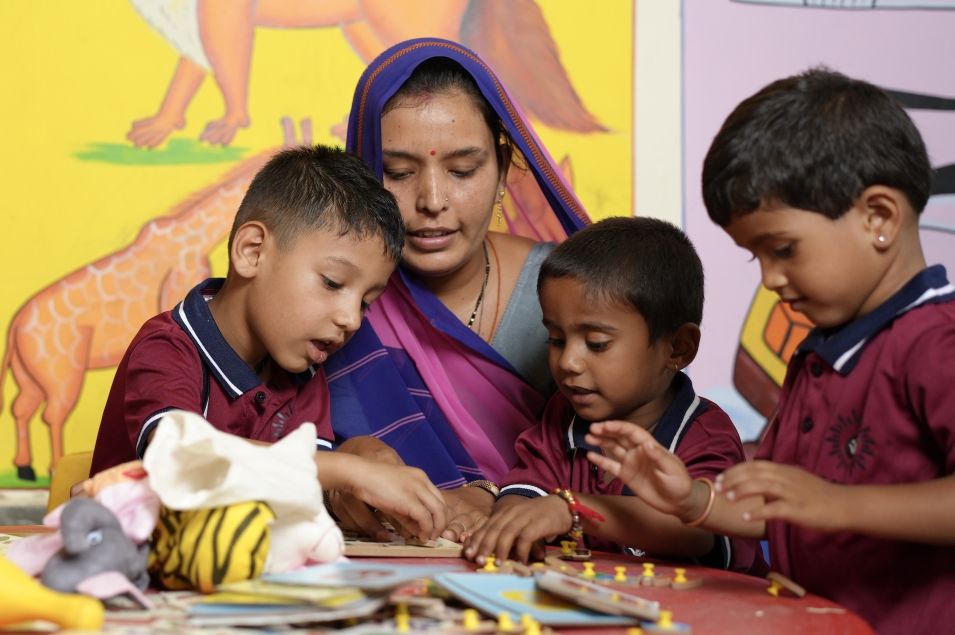
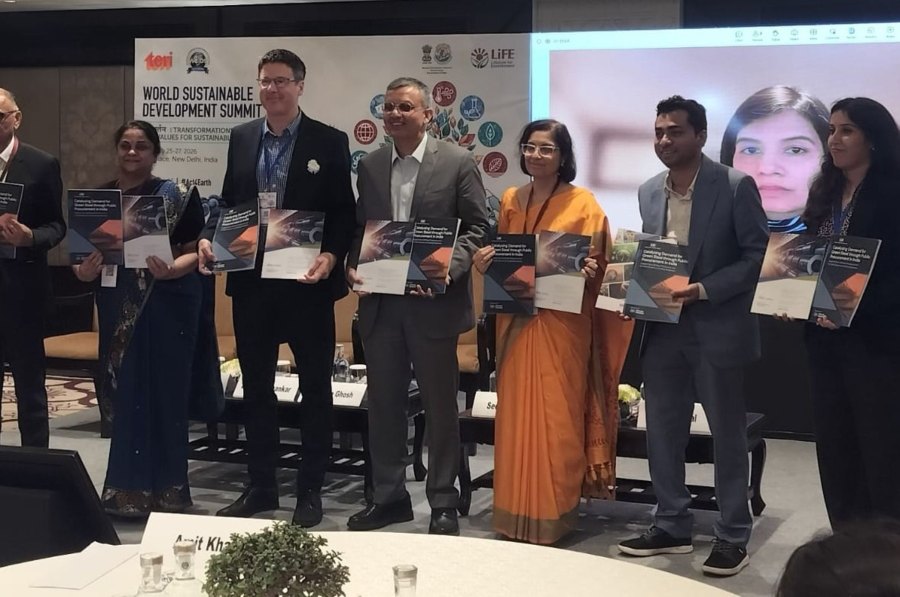
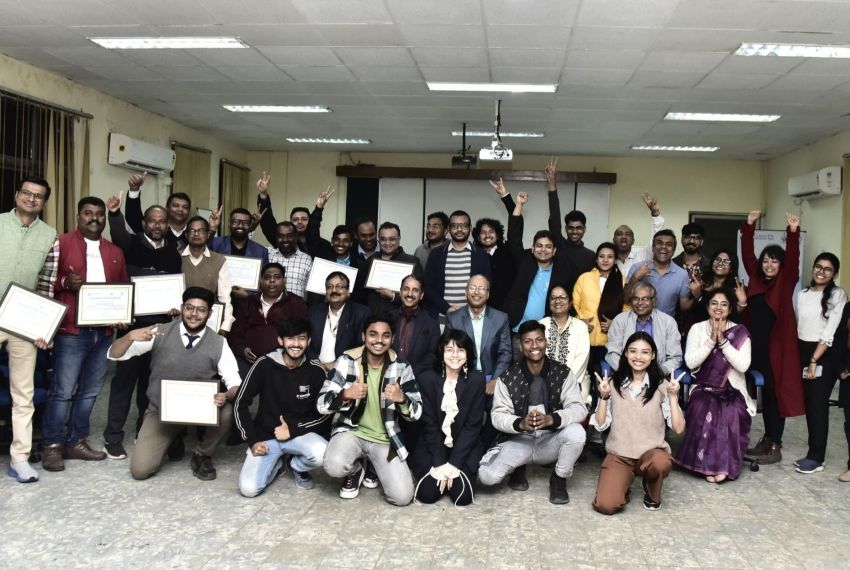
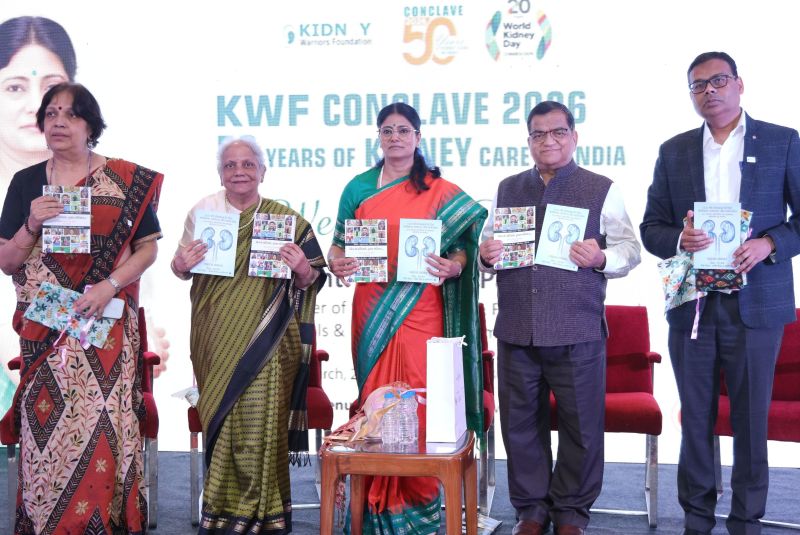

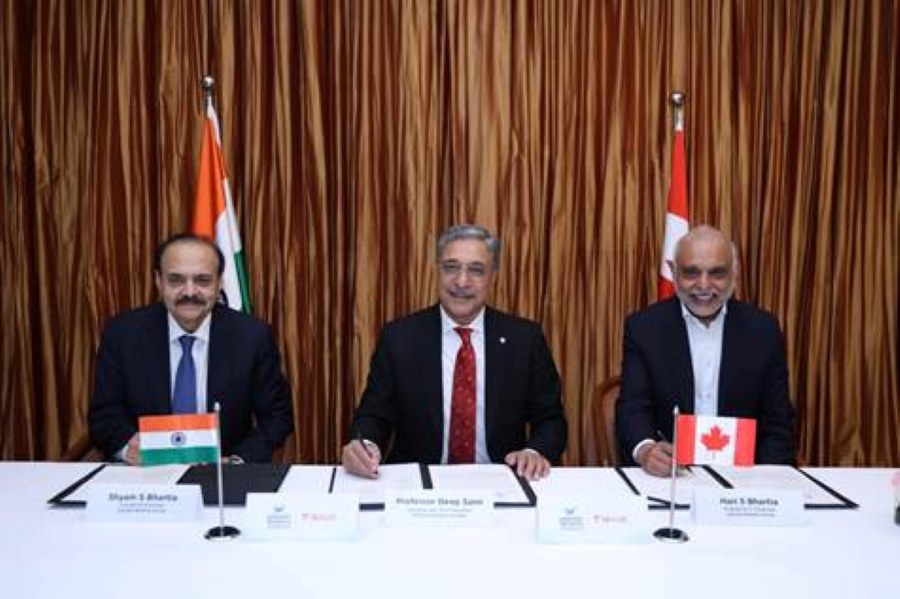
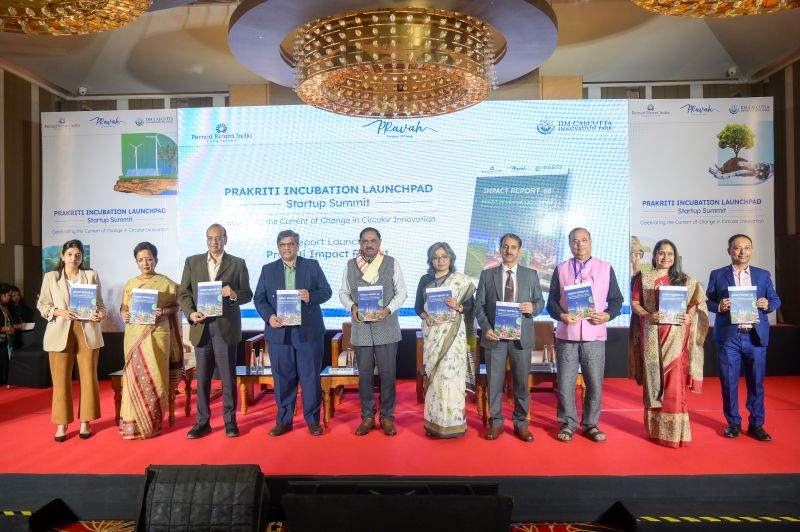
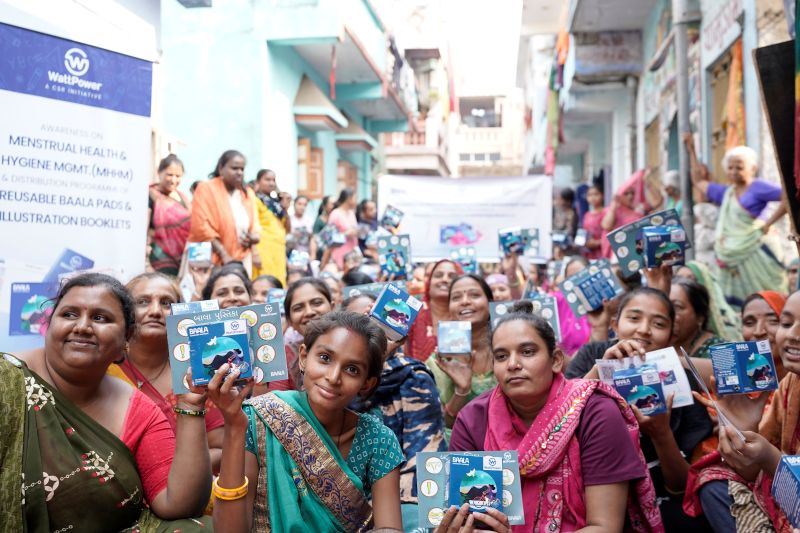
.jpg)








